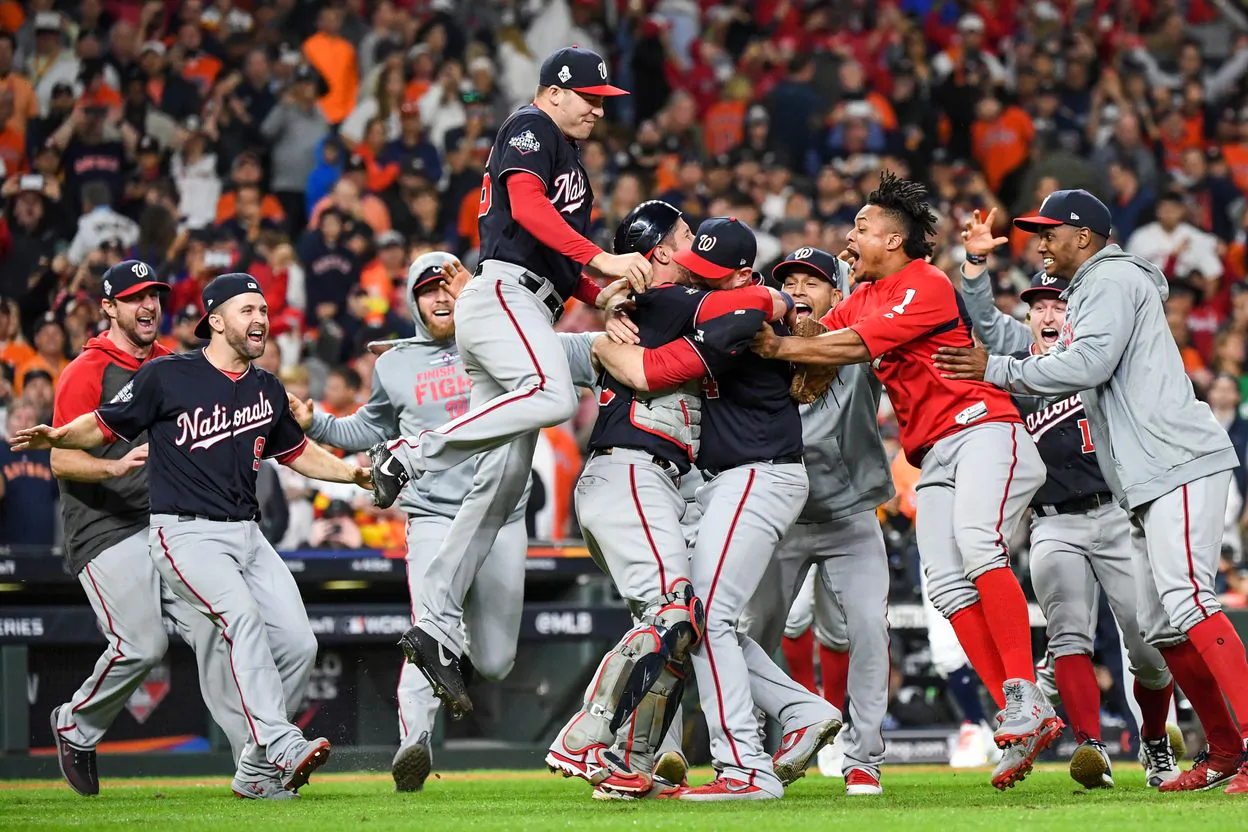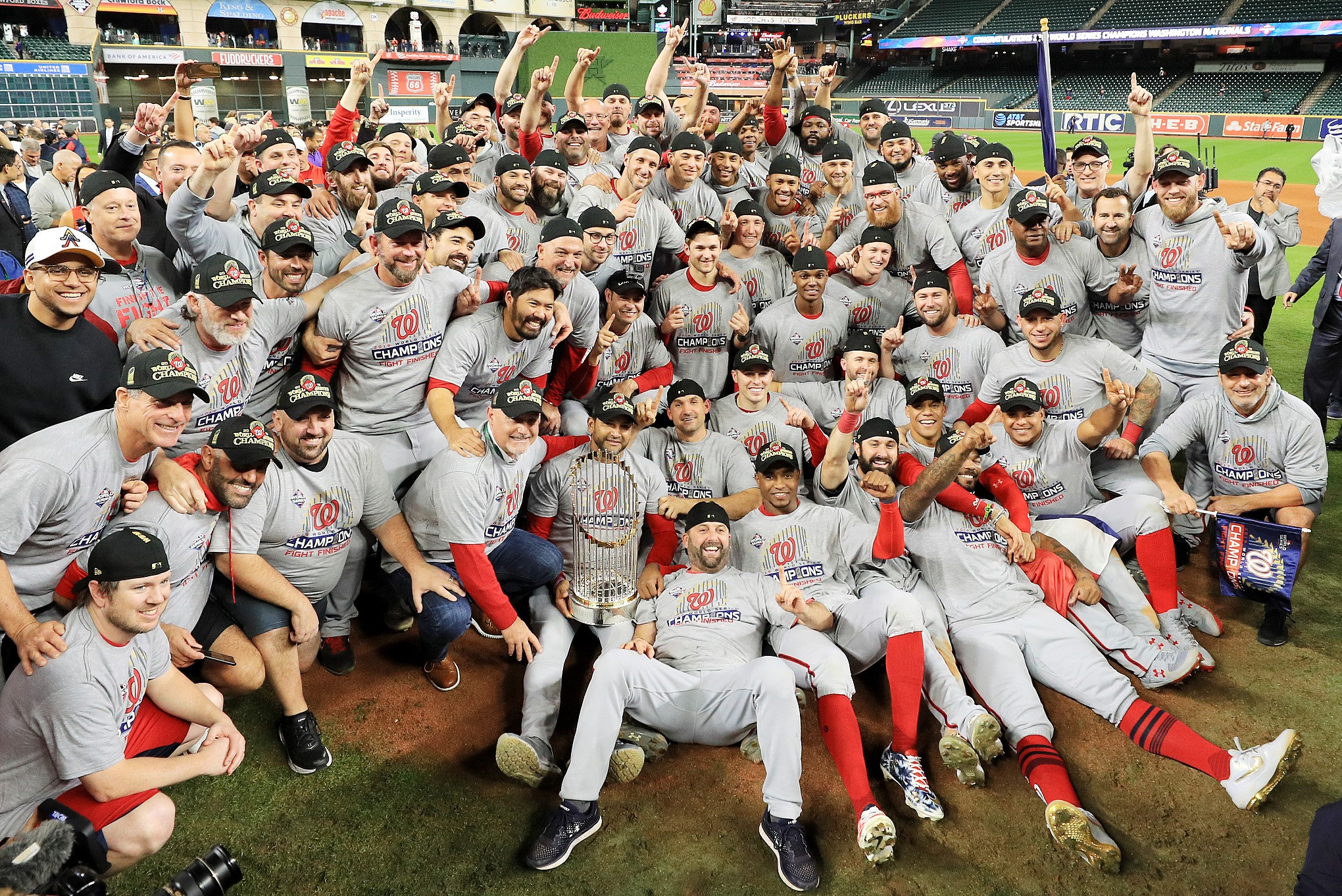Historical Context and Evolution of the Nationals

The Washington Nationals, a Major League Baseball (MLB) franchise, have a rich history that dates back to the late 19th century. The team’s origins can be traced to the Montreal Expos, a Canadian expansion team founded in 1969. The Expos played in Montreal for 35 years, but financial difficulties and declining attendance led to their relocation to Washington, D.C. in 2005.
In Washington, the Nationals quickly became a symbol of the city’s revitalization. The team’s success on the field, including a World Series championship in 2019, has helped to create a passionate fan base and has played a significant role in the city’s growing baseball culture.
In the tapestry of basketball, the nationals have woven a legacy of excellence. Among their ranks emerged a team that soared like a mythical phoenix, rising from the ashes of adversity to become a force to be reckoned with. The Phoenix Mercury , a beacon of resilience and determination, blazed a trail in the WNBA, inspiring generations of nationals to reach for their dreams.
Key Events and Milestones
- 1969: The Montreal Expos are founded as an expansion team.
- 1977: The Expos make their first playoff appearance.
- 1981: The Expos win their first division title.
- 1994: The Expos move to a new stadium, Olympic Stadium.
- 2005: The Expos relocate to Washington, D.C. and become the Nationals.
- 2019: The Nationals win their first World Series championship.
Significant Figures
- Gary Carter: Hall of Fame catcher who played for the Expos from 1974 to 1984.
- Tim Raines: Hall of Fame outfielder who played for the Expos from 1979 to 1990.
- Frank Robinson: Hall of Fame manager who led the Nationals to their first World Series championship in 2019.
- Bryce Harper: All-Star outfielder who played for the Nationals from 2010 to 2018.
- Juan Soto: All-Star outfielder who has played for the Nationals since 2018.
Impact on the Washington, D.C. Community
The Nationals have had a significant impact on the Washington, D.C. community. The team’s success on the field has helped to create a sense of pride and unity among the city’s residents. The Nationals have also been a catalyst for economic development, particularly in the area around Nationals Park, the team’s home stadium.
Amongst the myriad of nations that grace our globe, each boasting its own unique tapestry of customs and traditions, there lies a celestial wonder that unites us all. The sun, our celestial guardian, and Mercury, the enigmatic planet closest to it, engage in a captivating dance that has intrigued astronomers for ages.
The sun vs mercury comparison reveals a tale of celestial contrasts, where the vastness of one dwarfs the diminutive size of the other, yet both play vital roles in the intricate symphony of our solar system.
Analysis of the Nationals’ Performance

The Nationals have had a tumultuous journey since their inception, experiencing both highs and lows. Their overall performance has been influenced by a multitude of factors, including player acquisitions, coaching changes, and stadium dynamics.
Player Contributions
The Nationals have witnessed the rise and fall of several key players who have significantly impacted their performance. Bryce Harper, the former face of the franchise, was a driving force behind their success in the early years. His departure in 2018 marked a turning point for the team, as they struggled to fill the void left by his absence. However, the acquisition of Juan Soto in 2018 provided a glimmer of hope, and he has since emerged as one of the most promising young players in baseball.
Current State of the Nationals and Future Outlook

The Washington Nationals have undergone significant changes in recent years, both on and off the field. After winning the World Series in 2019, the team has struggled to maintain its success, finishing below .500 in each of the past three seasons. The Nationals have a talented roster, but they have also been plagued by injuries and inconsistent play.
The Nationals’ current roster features a mix of young and veteran players. Juan Soto, Trea Turner, and Josh Bell are all under the age of 30 and have been All-Stars in the past. However, the Nationals also have a number of older players, including Ryan Zimmerman, Max Scherzer, and Stephen Strasburg. These players are all in their 30s and have been dealing with injuries in recent years.
The Nationals’ management team is led by general manager Mike Rizzo. Rizzo has been with the Nationals since 2006 and has been credited with building the team that won the World Series in 2019. However, Rizzo has also been criticized for some of his recent moves, including the trade of Turner to the Los Angeles Dodgers in 2021.
The Nationals’ overall outlook is uncertain. The team has a talented roster, but it is also aging and has been dealing with injuries. The Nationals will need to stay healthy and get consistent production from their young players if they want to compete for a playoff spot in 2023.
Strengths, Nationals
The Nationals have a number of strengths, including:
– A strong offense led by Juan Soto, Trea Turner, and Josh Bell
– A solid bullpen led by Brad Hand and Tanner Rainey
– A good defense led by shortstop Luis Garcia
Weaknesses
The Nationals also have a number of weaknesses, including:
– An aging rotation led by Max Scherzer and Stephen Strasburg
– A lack of depth in the outfield
– A weak bench
Potential Areas for Improvement
The Nationals could improve in a number of areas, including:
– Adding depth to the outfield
– Improving the bench
– Developing more young pitchers
Future Prospects
The Nationals’ future prospects are uncertain. The team has a talented roster, but it is also aging and has been dealing with injuries. The Nationals will need to stay healthy and get consistent production from their young players if they want to compete for a playoff spot in 2023.